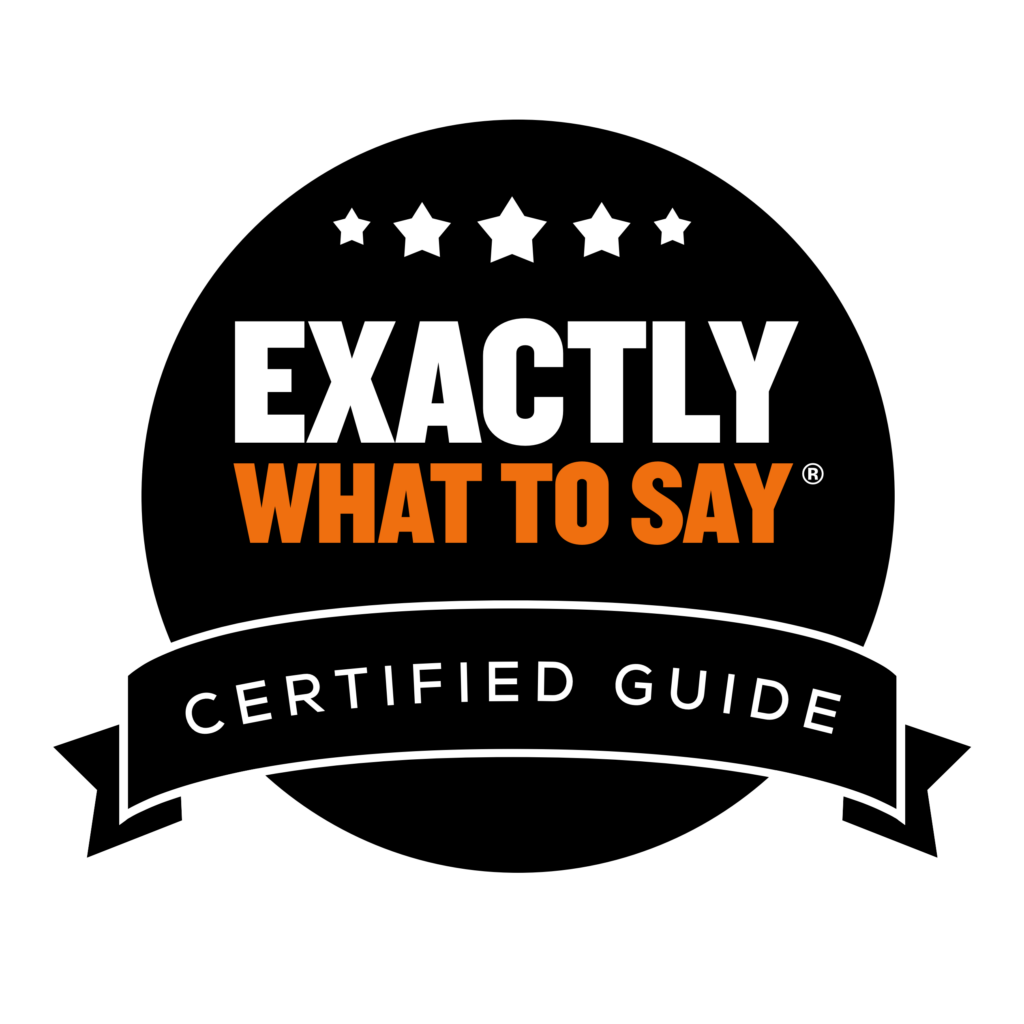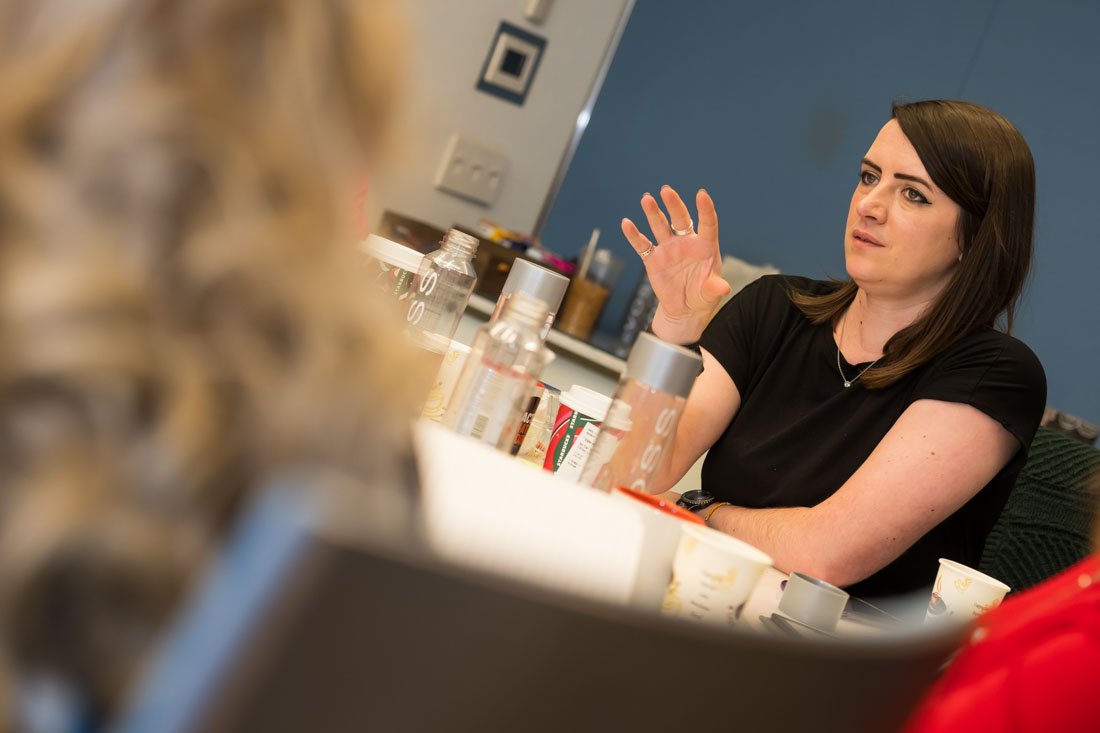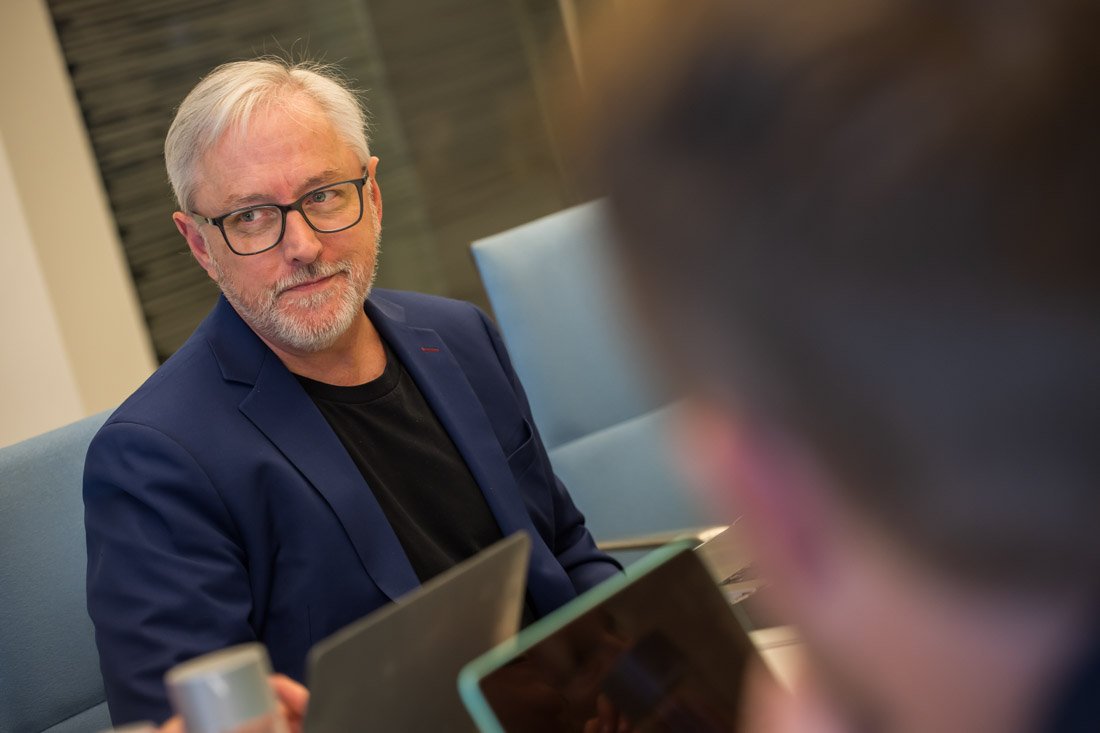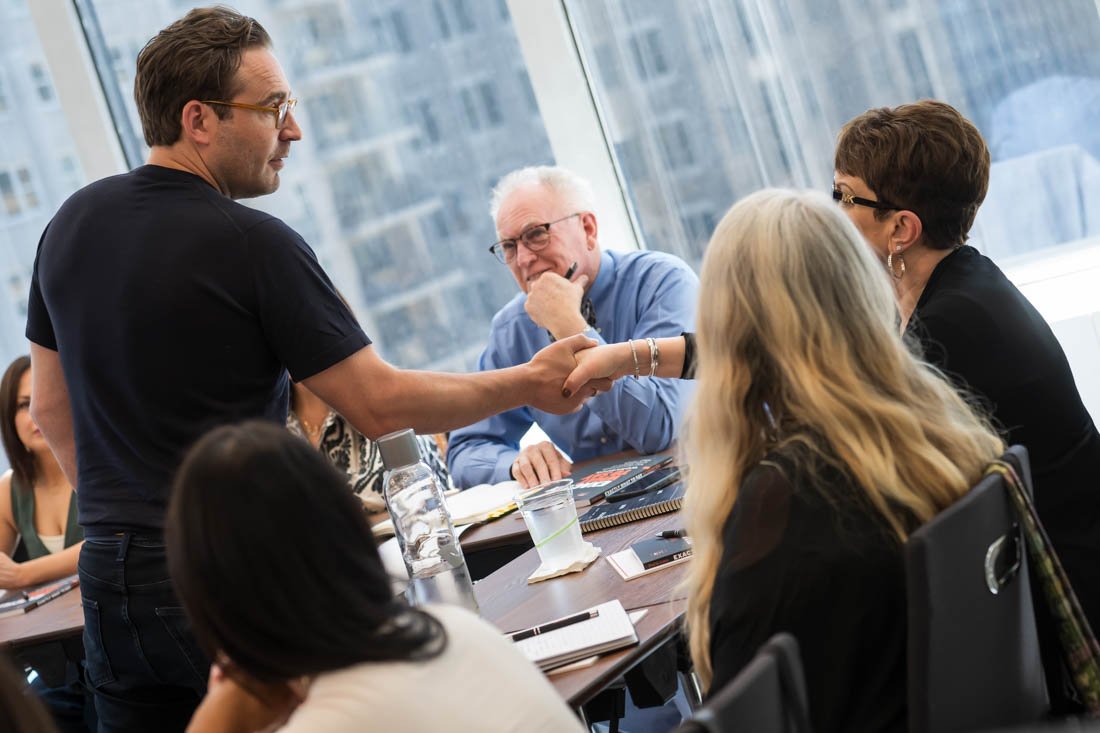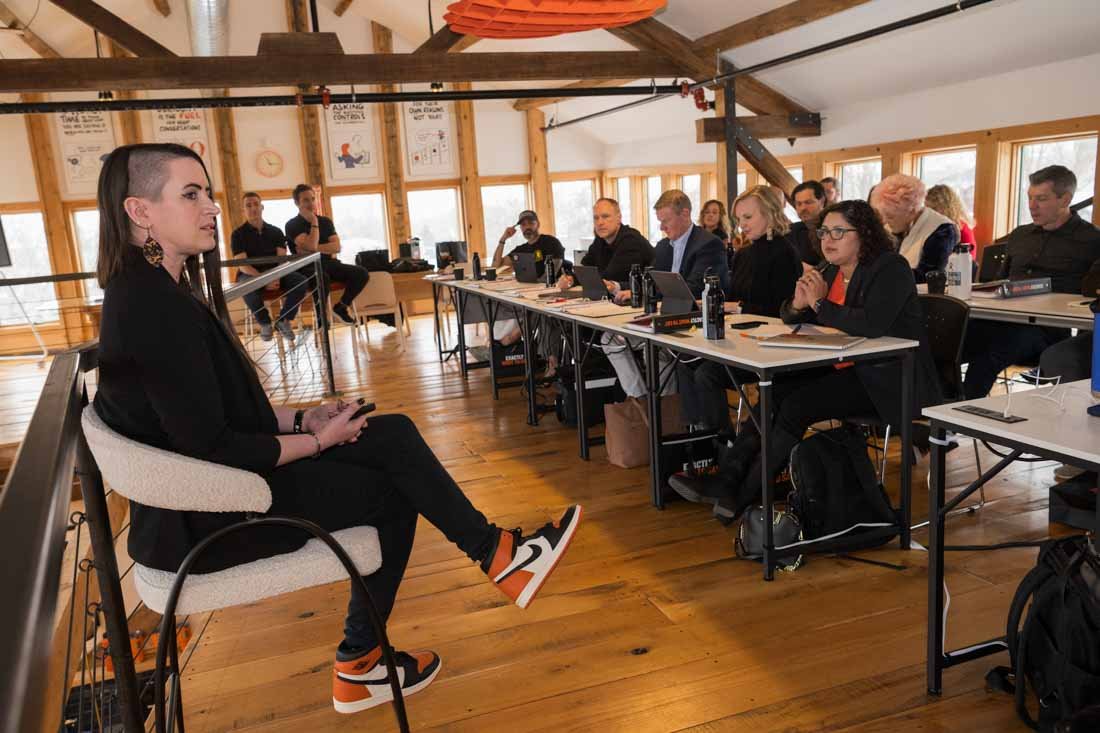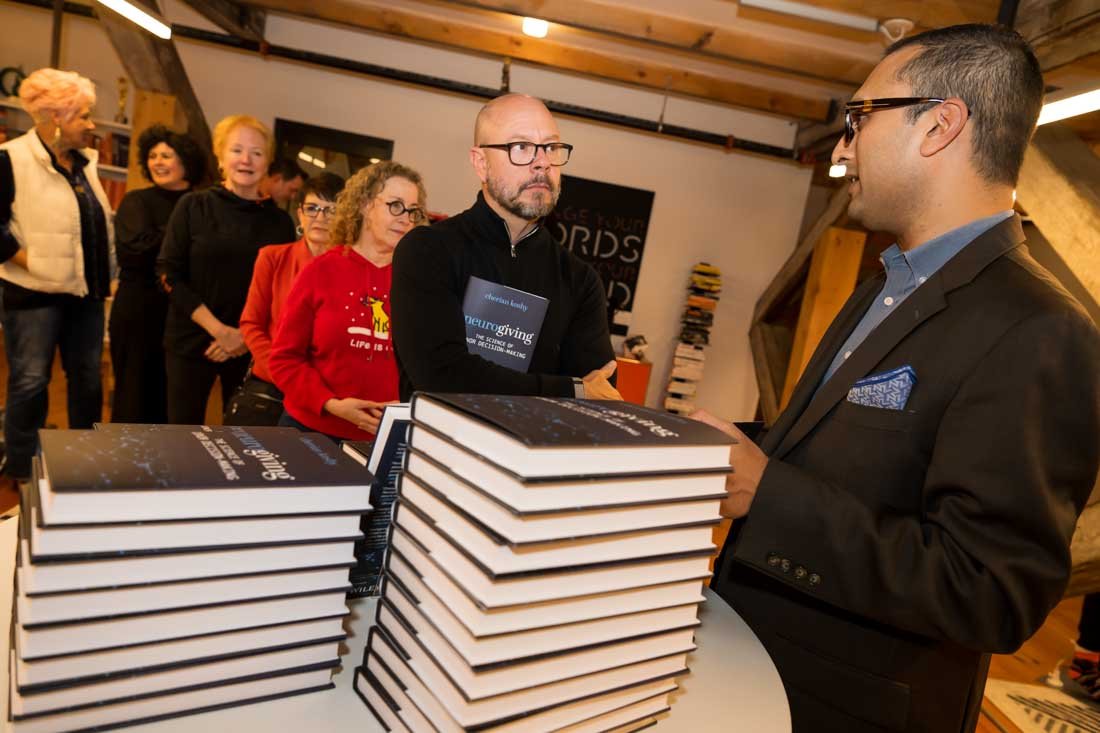Friendship isn’t just about shared laughs, inside jokes, or favorite memories—it’s also about how we navigate the awkward, uncomfortable, and downright difficult moments.
Because let’s be honest: sooner or later, even the best friendships hit a bump.
When those moments come, we have three options:
- Ignore it and hope it goes away.
- Go passive-aggressive and drop subtle hints, sarcasm, or silence.
- Address it directly, kindly, and constructively so trust can actually grow.
Most people default to the first two because they feel safer in the moment. But avoidance slowly erodes connection, and passive-aggression often does more damage than the original problem.
That’s where intentional language comes in.
A Personal Story: The Pirate Comment
After a surgery for my facial paralysis, my eye had to be sewn shut. It was uncomfortable, highly visible, and a constant reminder of the uphill climb ahead.
The first time I left my house after surgery, while still feeling vulnerable and unsure of myself, a friend said, “You just need to embrace life as a pirate!”
I knew she didn’t mean harm, but the words stung. To me, it felt like my reality was being made light of. And I faced a choice:
- If I held on to it, I’d carry the hurt while she remained unaware.
- If I dismissed it without saying anything, my trust in her would quietly diminish, and our relationship would suffer.
- Or I could address it kindly and openly.
Only after I went home and stewed about it did I know what to do. I chose the third.
When I saw her again, I approached her with curiosity rather than accusation. I shared how the comment landed for me and invited her perspective.
Her reaction surprised me—she thanked me for telling her, then broke down in tears. She admitted she had been hurt by people’s words in the past and had developed a habit of making light of situations to ease tension. But she realized she hadn’t considered how her words might feel to the receiver.
By inviting conversation instead of assuming negative intent, we opened the door to forgiveness. Trust deepened. We ended the conversation with hugs, love, and plenty of room left for the friendship to grow.
Why Words Matter
Phil M. Jones, in his book Exactly What to Say, calls certain phrases “Magic Words” because they reduce defensiveness, open dialogue, and make hard conversations easier to start and easier to finish. When applied to friendships, they can transform a potentially relationship-ending conflict into an opportunity for deeper understanding.
3 Principles for Tough Friendship Conversations
1
Create safety before addressing the issue
Friends need to know your goal is connection, not confrontation.
“The good news is, I know we both value our relationship and want it to continue…”
2
Lead with curiosity, not conclusions
When we assume motives, we close the door to dialogue. Instead, open it.
“Just out of curiosity, what did you mean when you said…?”
3
Focus on the future, not just the past
Discussing what happened is important—but getting stuck there isn’t helpful.
“Just imagine how this moment could actually make us better friends…”
The Payoff
Here’s the beautiful thing: when you navigate a difficult moment with honesty, kindness, courage, and curiosity, you’re not just solving that problem—you’re reinforcing that your friendship is strong enough to handle the truth.
Difficult conversations don’t have to damage relationships. With the right words, they can deepen them.


